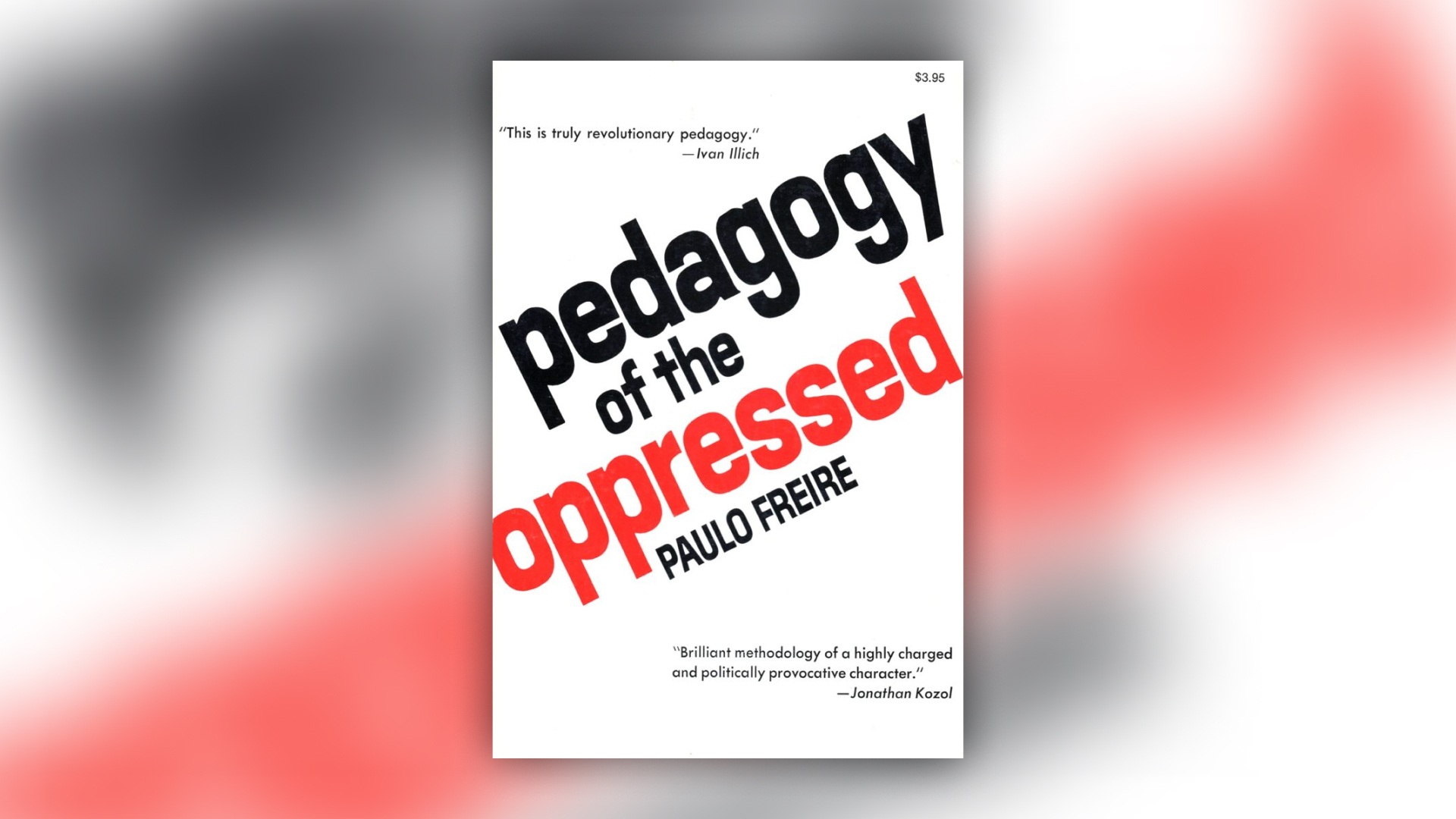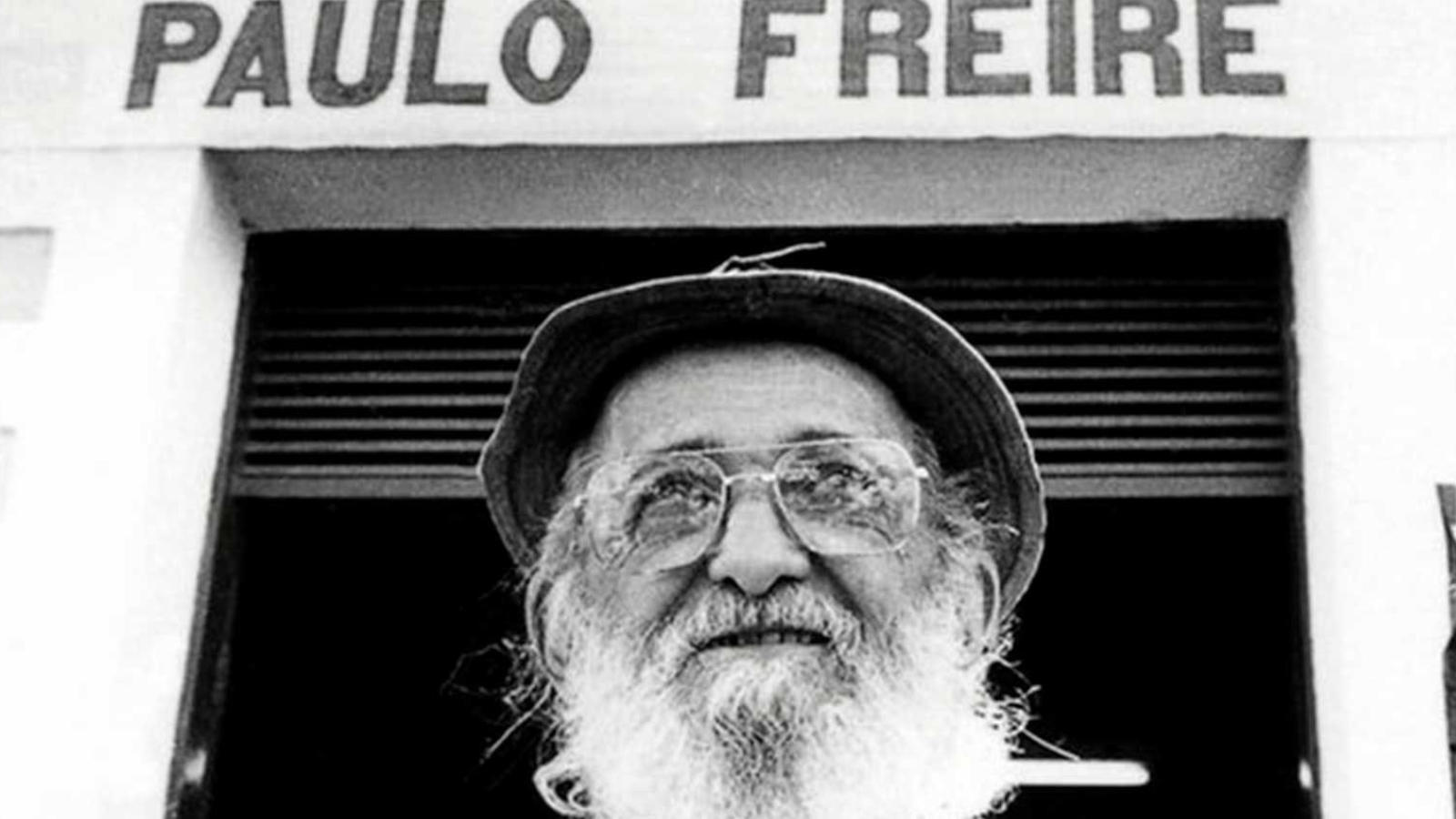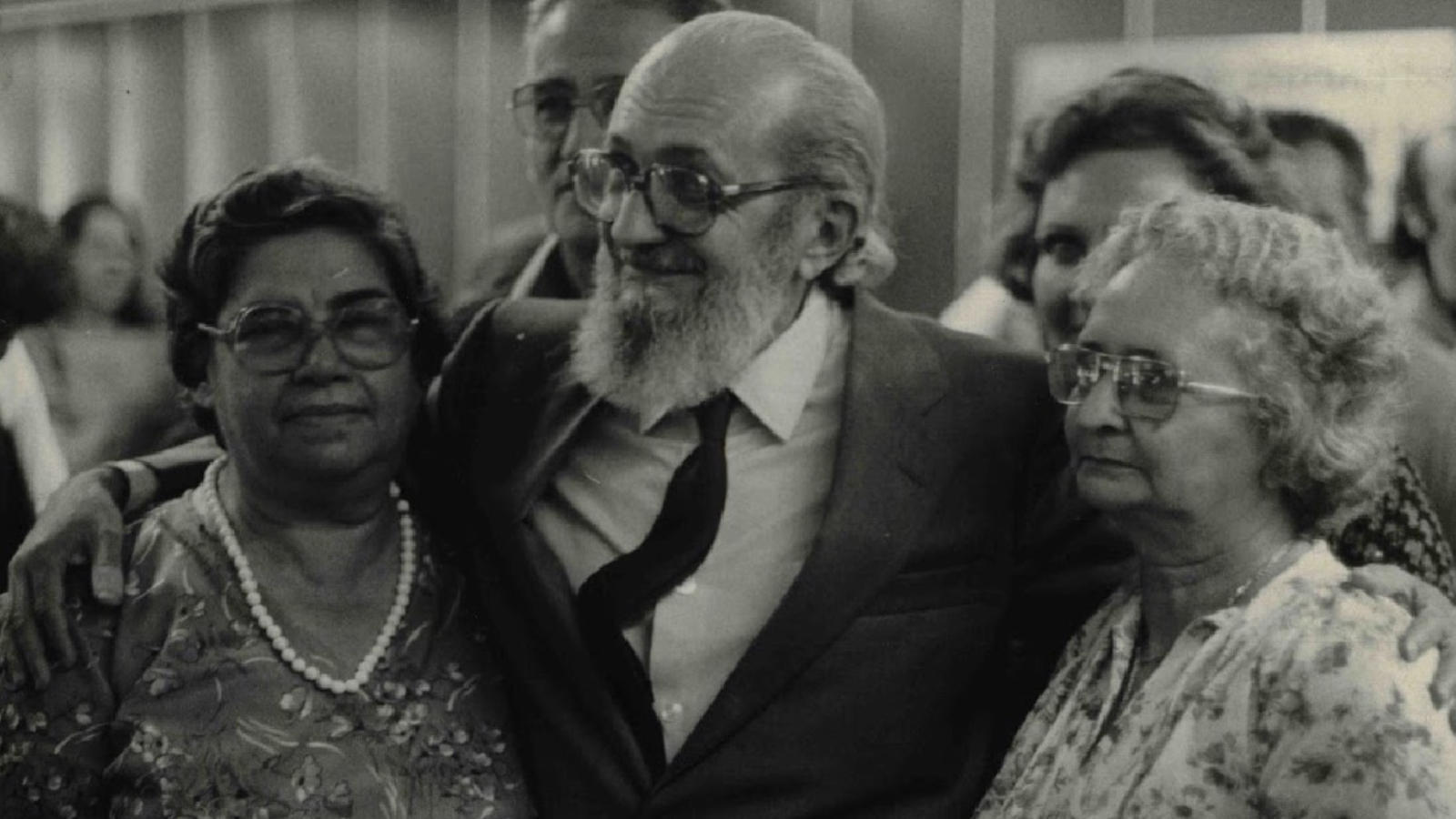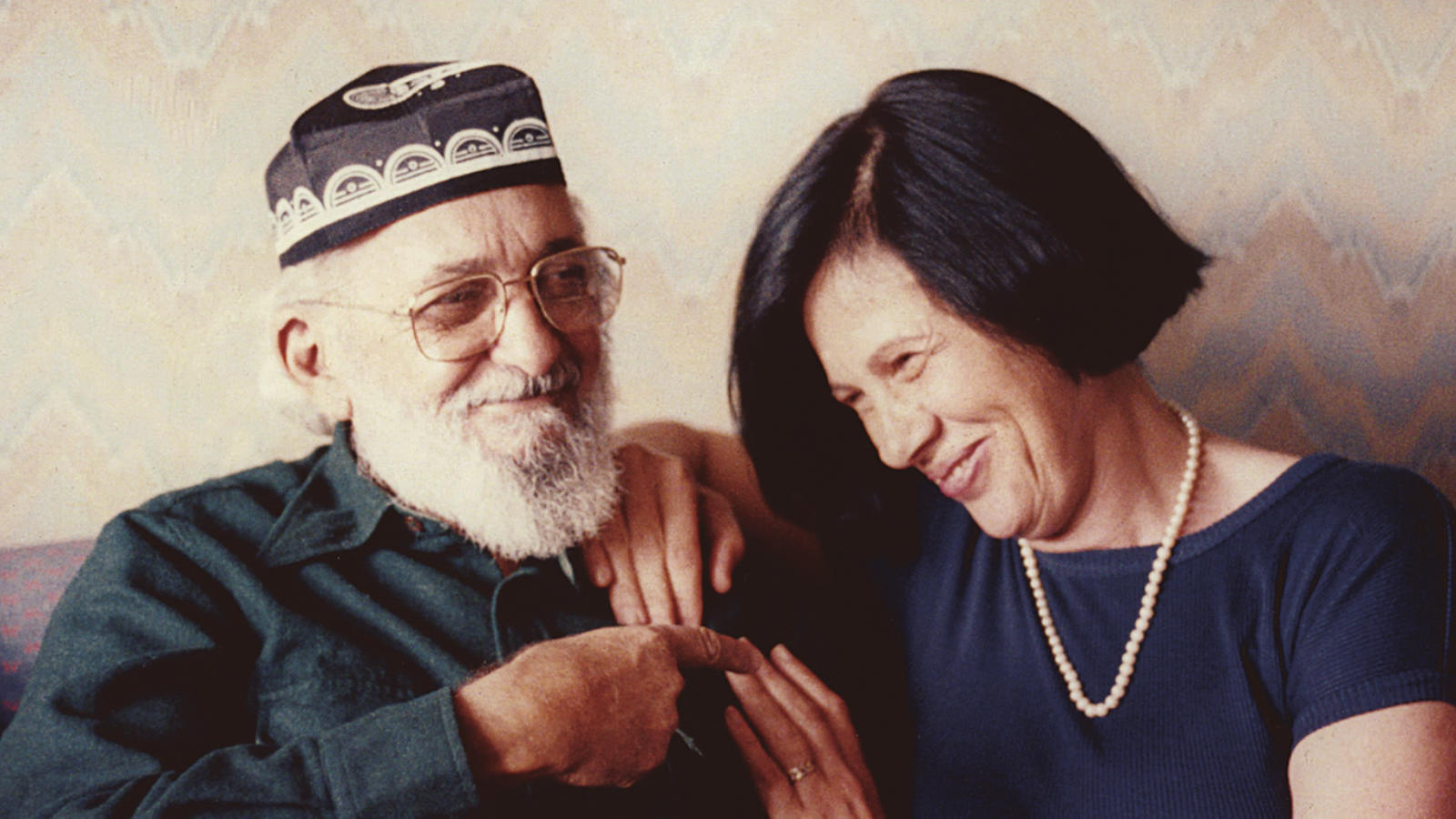Resources
Pedagogy of the Oppressed by Paulo Freire
How school can oppress us and ways to get our power back.
Stephanie Wong | 18 Sep 2018

This post uses affiliate links which means that when you buy an item using the link provided we receive a portion of the sale. Affiliate links are marked with a ⟡
Three takeaways
- Education institutions often teach students to internalise and accept oppression
- It requires equal and critical dialogue between teacher and student to end oppression
- Critical thinking allows students to see their oppressor and take action
This book was a required reading at university. With dictionary and patience, this book anchored me throughout university: an institution that felt so detached from my reality. I learnt this place would not transform the world I came from but only open doors to a different one if I wasnt careful. Freire taught me why.
Paulo Freire

Paulo Freire was born to the world on September 19, 1921, and died May 2, 1997. A Brazilian educator and philosopher, Freire wrote Pedagogy of the Oppressed in 1968. The book shares Freires experience working with rural poor residents in Latin America, selling over a million copies.
What is pedagogy, oppressor and oppressed?
And the more the oppressors control the oppressed, the more they change them into apparently inanimate things.
Pedagogy means method of teaching. The oppressed are the workers. They labour for the oppressors (capitalist landowners).
The oppressed and oppressor have different ways of understanding the world and how they operate in it.
The oppressors were taught that their worth comes from what they own. So, they act to possess and dominate. This appetite reduces all living things frogs, daffodils and you, to objects existing solely for their exploitation.
Oppression in Education
The oppressor is aggressive but does not like direct confrontation, so they design elaborate, discreet methods to keep us under their control. Education is one of their main tools.
The oppressors teach the oppressed their world is fixed. They must passively accept and adapt to it. Information for the oppressed to learn at school is intentionally selected and narrowed down for the benefit of the oppressor. You are told to sit, listen, digest and vomit it back out again in an exam.
Freire calls this method of teaching the banking system. Information, like money in a bank, is deposited into your mind without any dialogue or critical feedback from the student. Your brain is trained to be passive.
If you ask questions or challenge the learning you will be disciplined by the teacher for back-chat.
Cultural invasion
The oppressor also seeks to control is through a cultural invasion. Television screens, books, posters are dominated by the oppressor the ideal wealthy white male and female. They are shown as superior, beautiful, educated etc. This feeds into your unconscious a belief that you are inferior. It is deliberately done for you to think this way.
The oppressed live their lives through the lens that the oppressors have put on them, and take on their beliefs and behaviour. The aim is for the oppressed stop thinking independently and unconsciously strengthen the oppressors power. The oppressors become the models for us to live up to.
The hope

There is hope with our pal Freire. There is a different method of teaching, that can provide liberation from the oppressor. This happens when the teacher views the student as an equal, allowing the student to discuss ideas with them, to challenge them and learn together. This is the start of developing a critical mind and is key to our liberation.
Monologues are replaced with dialogues. Questioning is encouraged. We learn that we do not merely exist in the world but we act in it. This means we can change it. This nourishes our self- belief. We learn our value as masters of our own thinking.
This method of teaching opens space for the oppressed to see the oppressor in their violent light. They can think strategically about how to act to change their world for their freedom and humanity.
The power of reflection
Those who authentically commit themselves to the people must re-examine themselves constantly.
A key theme throughout the book is that of praxis. Praxis means practice: the actual doing bit rather than the theory (thinking bit). The practice we must carry out is critically reflecting on the world around us, and acting to make change happen.
Reflection and action come together and can not be separated. As change makers, we must be continuously re-examining how we are working and be in dialogue with those we are working with.
Discovery cannot be purely intellectual but must involve action; nor can it be limited to mere activism, but must include serious reflection.
Leaders of change must love

Freire believes its essential for teachers to have a
profound love for the world and for peopleHow can I dialogue if I am close toand even offended bythe contribution of others?
This is a challenge to educators, who view love as a weakness to suppress in exchange for building power or a distraction that is secondary to the work. It is core to all that we do in making change happen:
love is an act of courage, not of fear, love is commitment to others. No matter where the oppressed are found, the act of love is commitment to their cause the cause of liberation.
Critique
Apart from the book being fluent in academic gobbledegook, it is important to remember our struggle is not limited to capitalists and workers. Even within the terms capitalist and worker, there are multiple identities.
A person of colour, disabled person, a woman, a person from the LGBTQI+ community can tell you why Freires way of slicing up the worlds power is limited. Our multiple identities shape how we can act in the world, and how the world acts on us. Intersectionality (see terms) is not present at all in this book.
A critique of patriarchy (see terms below) and white supremacy (see terms below) is entirely missing in his understanding of the world and power. Learn from bell hooks to get a fuller understanding of how we can use education as a source of liberation, an academic, writer and black woman who loved Friere and respected his work but also knew it wasnt perfect.
The end
This brilliant book has transformed my world and the world of millions of others. Thinking critically and taking positive action, is how we live our full human selves and bring a world free of oppression.
Note
Terms
Intersectionality is the interconnected nature of race, class, gender and other social categories of an individual or group and how they create overlapping and interdependent systems of discrimination or disadvantage.
Patriarchy is the political system that runs the world we live in. It insists males are inherently dominating and superior to everything and everyone deemed weak especially women. Patriarchy is also seen in the community and our family homes where men have the most power and authority over women.
White Supremecy is the world we live in. It is where white skin is believed to be superior to all other races. It is the social, economic, and political repression, exploitation and murder of nonwhite peoples, especially blacks folks, by white people, based on notions of racial superiority.